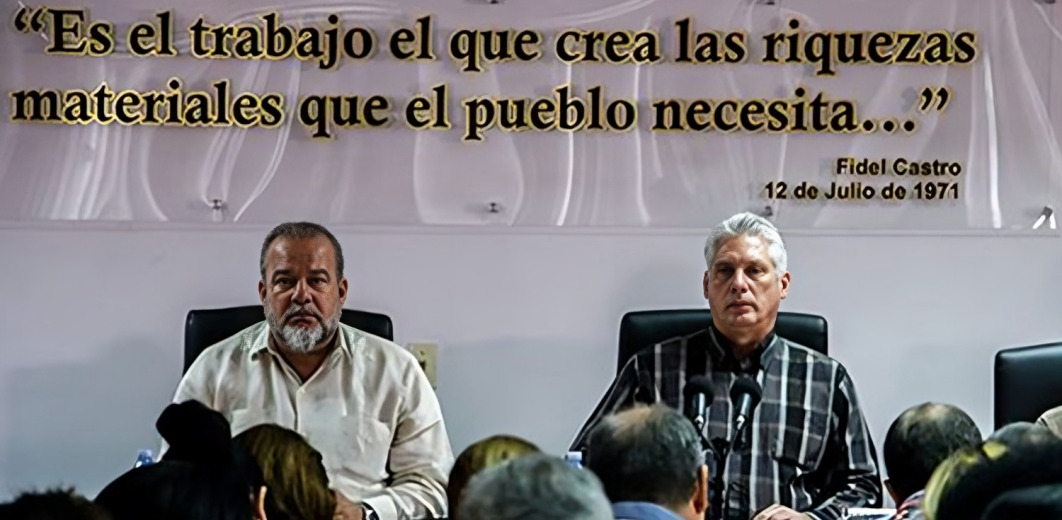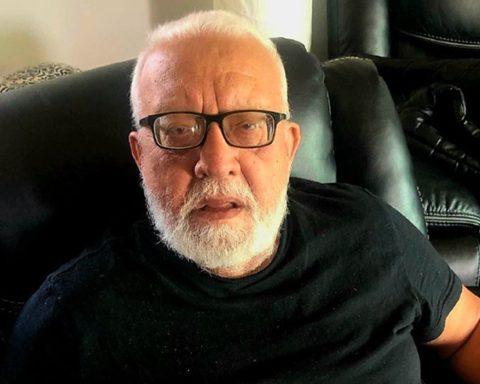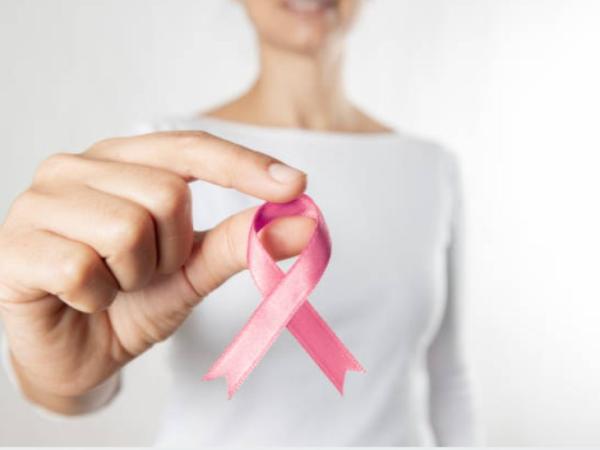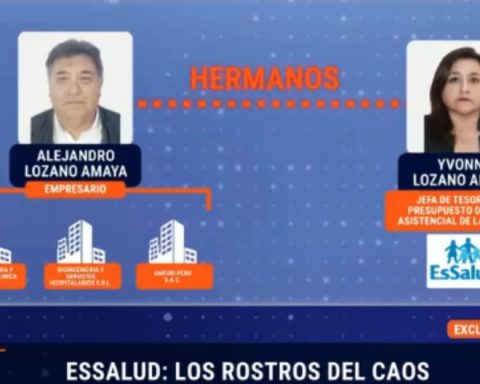SAN LUIS POTOSÍ, Mexico.- The Cuban Observatory of Human Rights (OCDH) demanded this Friday the resignation of Cuban Government officials responsible for the humanitarian crisis that Cuba is going through.
“Yesterday’s declaration of the state of ‘electro-energy emergency’ is the tacit admission of a failure in the management of the country, which is getting worse every day. But the crisis goes far beyond an electricity deficit – which keeps Cubans with blackouts for almost 20 hours a day – but also encompasses the lack of food, water, medicine and the increase in citizen insecurity,” the organization wrote in a statement.
The electro-energy crisis, added to the humanitarian crisis of the country, where 89% of Cubans live in extreme povertyas confirmed by the OCDH, have contributed to aggravating a situation that requires structural measures to get out of the complex situation.
However, on the contrary, regime officials have intensified repression and “fiscal harassment against incipient private businesses.”
“Miguel Díaz-Canel and his government are directly responsible for the situation and someone must resign immediately,” the organization stated.
The OCDH urged institutions, governments and international organizations to closely follow the evolution of this situation that puts Cubans at risk and recalled that there are about a thousand political prisoners in prison, sentenced for peacefully demonstrating.
The crisis worsens
In the midst of a critical energy situation, the Cuban regime announced this Thursday severe measures that seek to alleviate the deficit in electricity generation, a consequence of the lack of fuel and growing demand, as reported by Prime Minister Manuel Marrero Cruz in a television appearance.
The provisions include the suspension of all services that are not vital and generate high energy consumption. As part of these restrictions, “cultural activities are suspended in both the state and non-state sectors,” stated the Ministry of Culture (MINCULT) and it was determined to “suspend teaching activities from Friday to Sunday at all levels of education.”
Meanwhile, only essential services, such as hospitals and food processing centers, will continue to operate regularly, according to information released by official media.
The measures come in a context of growing uncertainty, with long days of blackouts (more than 20 hours a day) and an energy infrastructure that has not received the necessary investments for its modernization. The authorities assured that they are working on long-term solutions, such as the expansion of alternative energy sources, but these will not solve the immediate crisis.

Manuel Marrero Cruz, during his intervention on the national network, explained that “the lack of fuel is the factor that most affects the energy deficit,” stressing that the country faces “three important factors: the state of the infrastructure, the lack of fuel and the increase in demand.”
The chaos that has arisen collapse of the electrical system has prompted Cubans to comment on the networks of ruler Miguel Díaz-Canel about his poor management of the crisis and to demand that he hand over power.
Internet users point to Díaz-Canel as responsible for the economic and social disaster and wonder if the situation also affects the officials of the Castro leadership.















